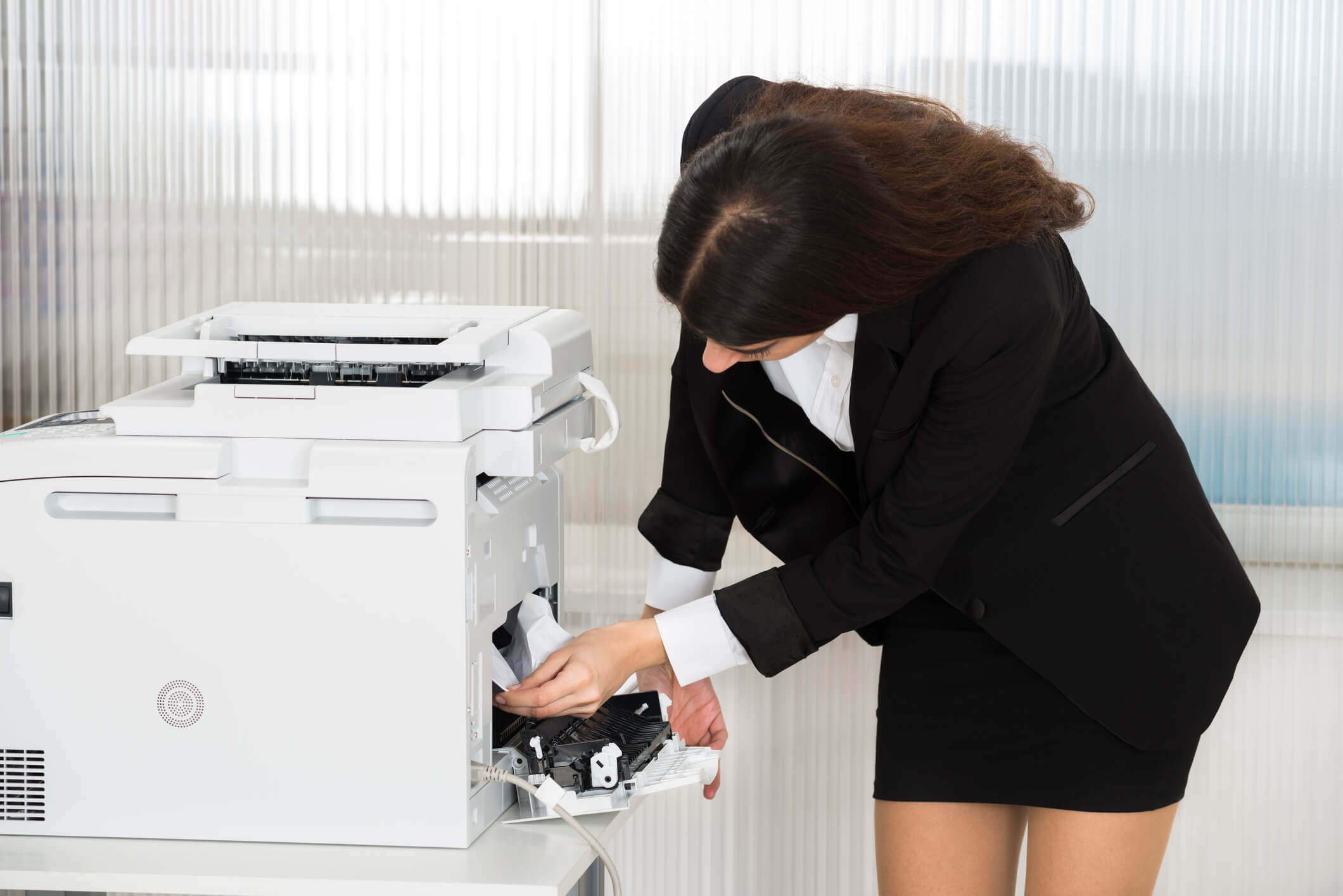In today’s competitive business landscape, the decision to outsource various operations, including printing, can significantly impact efficiency, cost-effectiveness, and overall business strategy. This article explores the considerations and advantages of outsourcing commercial printing services.
1. Understanding Commercial Printing
a. Scope of Services
Commercial printers offer a wide range of printing services beyond basic office needs. These include large-format printing, promotional materials, packaging, and specialized finishes like embossing or UV coating.
b. Expertise and Technology
Commercial printers leverage advanced printing technologies and expertise in print design, ensuring high-quality outputs that meet professional standards and enhance brand reputation.
2. Cost Considerations
a. Capital Investment vs. Operational Costs
In-House Printing:
- Requires significant upfront investment in printing equipment, maintenance, and staff training.
- Ongoing costs include consumables (ink, paper), salaries for skilled operators, and space for equipment storage.
Outsourced Printing:
- Eliminates the need for capital investment in equipment.
- Costs are based on a per-unit pricing model, potentially reducing overall expenses and providing cost predictability.
b. Cost Efficiency
For businesses with varying print volumes or specialized printing needs, outsourcing to a commercial printer can be more cost-effective due to economies of scale, bulk pricing advantages, and reduced overhead compared to maintaining in-house capabilities.
3. Quality and Consistency
a. Professional Standards
Commercial printers specialize in delivering consistent quality and precision in print production. They adhere to industry standards for color accuracy, paper selection, and finishing techniques, ensuring that printed materials reflect the desired brand image.
b. Access to Specialized Expertise
Outsourcing to a commercial printer grants access to specialized knowledge in print technologies, materials, and design strategies that may not be available internally. This expertise can result in innovative solutions and improved print outcomes.
4. Flexibility and Scalability
a. Adaptability to Business Needs
Commercial printers offer flexibility to accommodate fluctuating print demands, seasonal peaks, or urgent timelines. They can scale production up or down quickly, providing agility that may be challenging to achieve with in-house capabilities.
b. Technology Advancements
By outsourcing, businesses can leverage the latest advancements in printing technology and equipment without the need for continuous upgrades or training for internal staff. This access to cutting-edge technology enhances efficiency and competitiveness.
5. Time and Resource Allocation
a. Focus on Core Competencies
Outsourcing printing tasks allows businesses to redirect internal resources and personnel toward core business activities, such as sales, marketing, and customer service. This focus enhances productivity and strategic alignment with business goals.
b. Timely Delivery
Commercial printers are equipped to meet tight deadlines and deliver faster turnaround times for print projects. This capability ensures that marketing campaigns, product launches, or corporate communications are executed promptly and effectively.
6. Environmental Impact
a. Sustainable Practices
Many commercial printers prioritize sustainability by using eco-friendly materials, energy-efficient processes, and offering options for recycled or FSC-certified paper. Outsourcing printing to such providers can align with corporate sustainability initiatives.
b. Waste Reduction
Outsourcing printing minimizes the risk of overproduction or obsolete inventory, reducing waste and optimizing inventory management practices. This approach supports environmental stewardship and cost savings through efficient resource utilization.
7. Risk Management and Compliance
a. Regulatory Compliance
Commercial printers adhere to industry regulations and standards concerning data privacy, security, and quality control. Outsourcing printing tasks to reputable providers can mitigate compliance risks and ensure adherence to legal requirements.
b. Disaster Recovery Planning
Partnering with a commercial printer often includes contingency plans for business continuity and disaster recovery. This proactive approach minimizes risks associated with equipment failure, production delays, or unforeseen emergencies.
Conclusion
The decision to outsource commercial printing should be guided by strategic considerations, including cost efficiency, quality assurance, scalability, and alignment with business objectives. By leveraging the expertise, technology, and flexibility of commercial printers, businesses can optimize printing operations, enhance brand consistency, and focus on core competencies essential for sustained growth in today’s dynamic marketplace.
This article provides a comprehensive analysis of the factors influencing whether a business should outsource its printing needs to a commercial printer, emphasizing the potential benefits of cost savings, quality enhancement, and operational efficiency.
